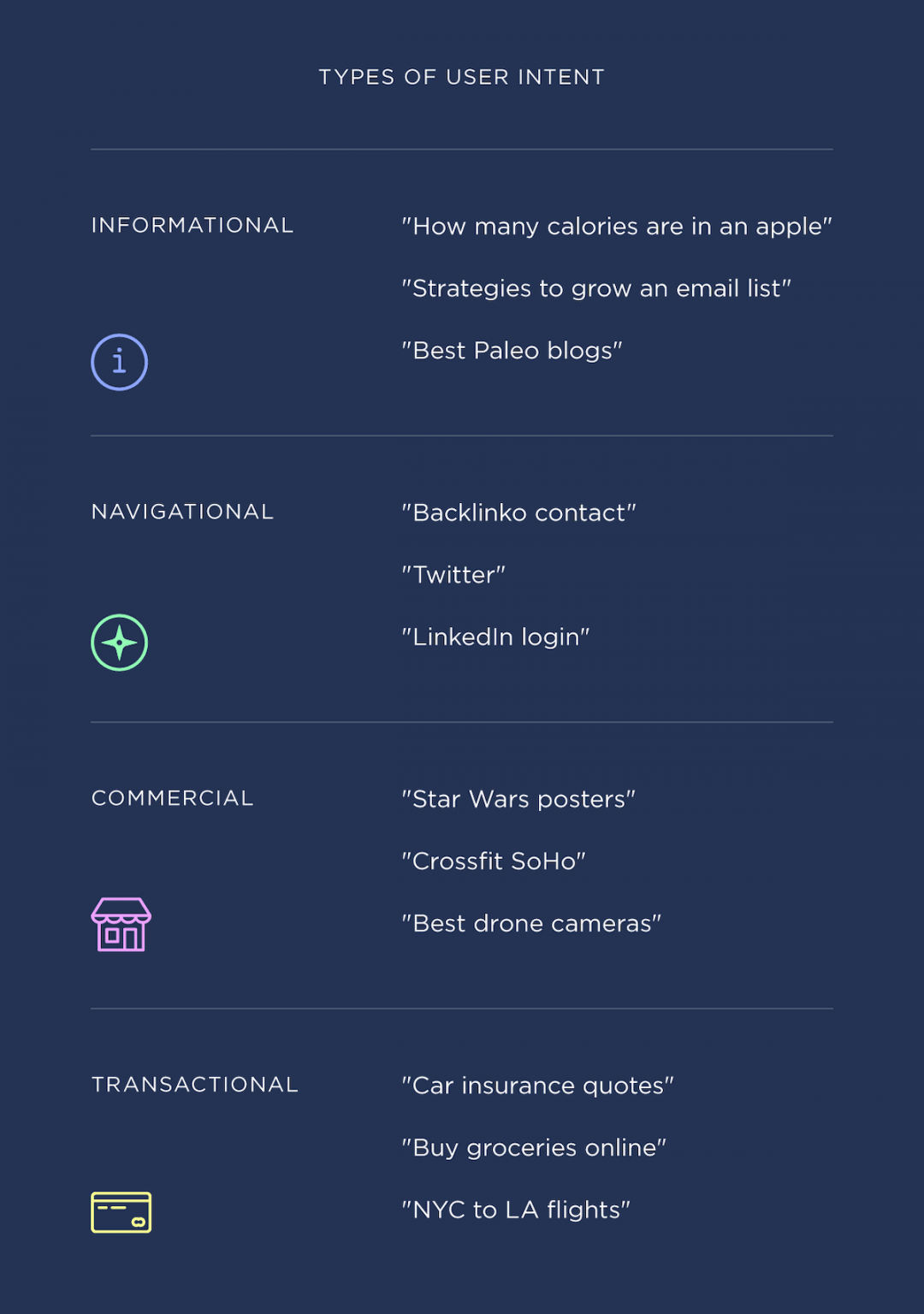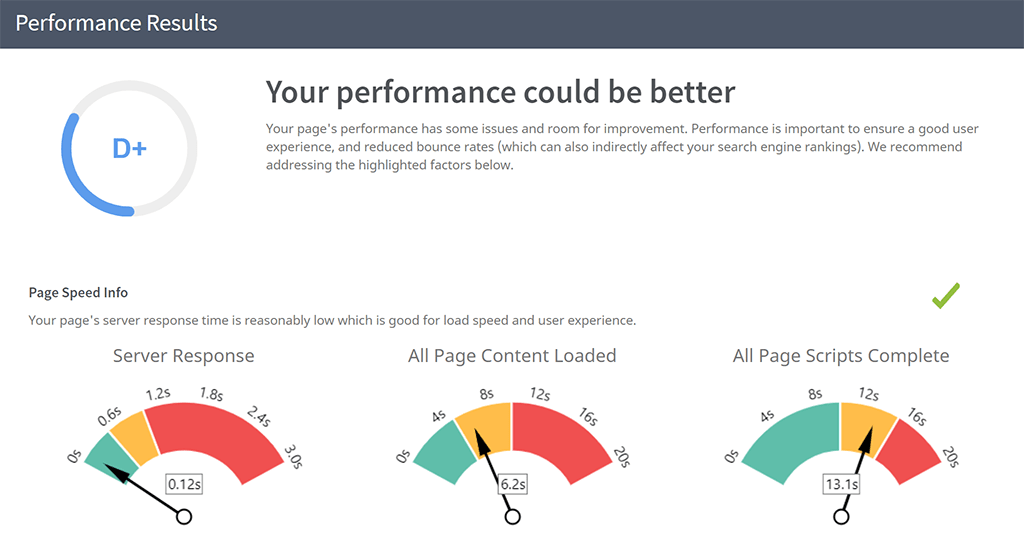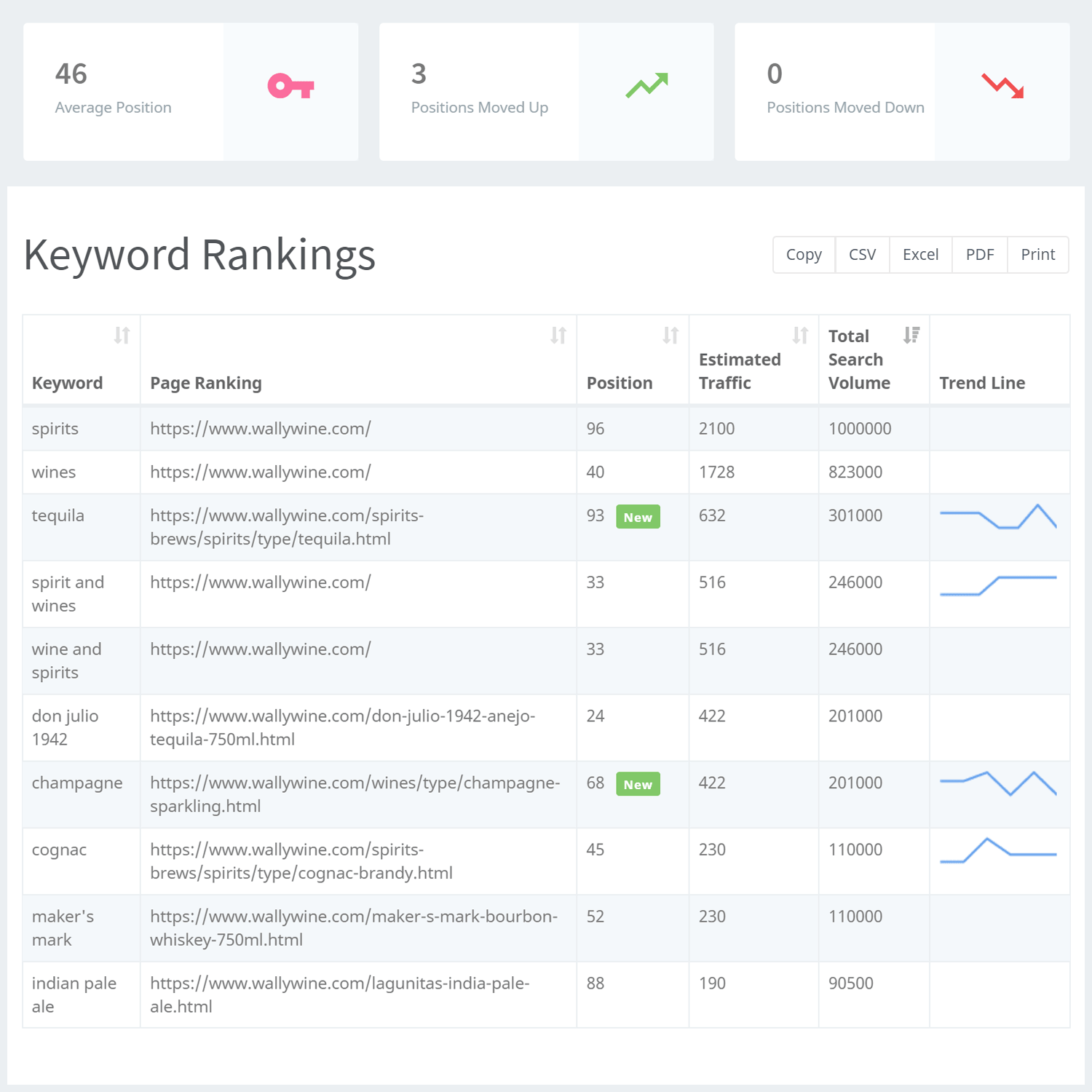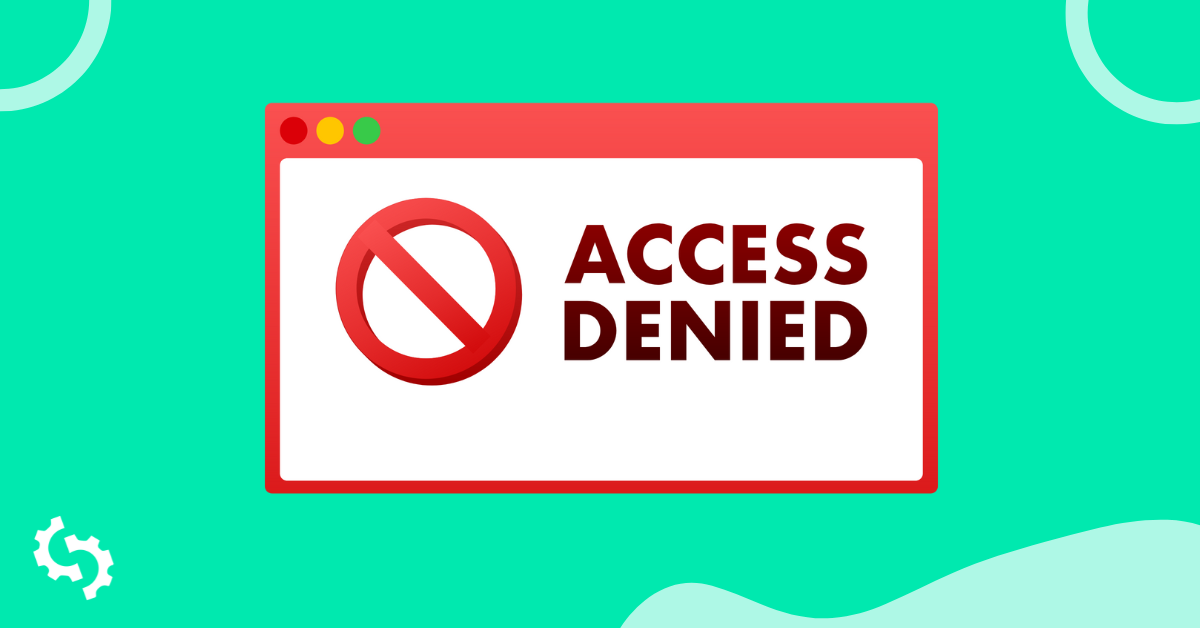
Want your site to rank in search results? You can't go past these 6 core SEO principles. Not only are they foundational, they're recommended by SEO experts the world over, even Google themselves!
If you're starting out, you should focus on these 6 things before doing anything else which we will drive improvements in your organic search rankings. For the TL;DR version, hit play on our video below or scroll down for the details.
SEO Tip #1: Don't forget to E-A-T
EAT is Google's acronym for Expertise, Authority and Trust. To put it simply, EAT is a ranking method. Google focus on delivering high-quality results in the search results page. They believe they can achieve this by prioritizing results from EAT-worthy sites.
If you do a search for high-volume, competitive terms you're more than likely to see results on the first page from very well known publishers, brands or organizations. Sites that are leaders in the field, sites that are authoritative and sites that people trust. Google's focus on search quality benefits the bigger players, so if you're starting out you need to establish expertise, authority and trust around your target keywords from day 1. If you're in a competitive space with high search volume, this will be a long game and your level of dedication and consistency will determine your success.
SEO Tip #2: Build great Content
Following on directly from the previous tip, the best way to build EAT in Google's words: "publish great content". Frequent, high quality, on-topic content will establish your site as EAT-worthy overtime. Focusing on the user experience and providing the user with useful, informative and shareable content is the path to building EAT.
Whether this takes, weeks or months depends on the quality of your execution and the competitiveness of your industry. If you execute this step at a high standard without considering the following 4 steps that would be more favorable than executing at a lower standard and doing everything else. We can't emphasize enough the importance of publishing great content.
SEO Tip #3: Research your Keywords
If you were to draw a Venn diagram with "what people search for" in one circle and "content to publish" in the other circle, you need to aim for as much intersection of these circles as possible. Keyword research goes hand-in-hand with content publishing. After all, there's not much point in creating great content that people don't naturally search for.
Use our Keyword Tracking tool to research the "total search volume" for each search term. This is the monthly volume of searches performed on Google. The "estimated traffic" shows the monthly estimated traffic to your ranked page based on your "position" in the search results page (SERP). For example, position 1 would indicate that the ranked page is listed as the first result on page 1 - a great outcome! Position 96 would indicate your ranked page is listed somewhere on page 9 or beyond - not ideal.
Find keywords terms with high search volume and focus your efforts on creating content around these topics. This involves a lot of searching and evaluation of terms. Keep track of all these terms so you can quickly rank and compare their search volumes and how they change over time.
SEO Tip #4: Nail Search Intent
When users search on Google, there is always an intent (or reason) behind their search. There are 4 common search intents:
-
- Information intent
- Navigation intent
- Transactional intent
- Commercial intent
Backlinko provide some good examples below for each intent:

When you search for your target search terms in Google, closely analyze the results that show up. Visit each result and summarize what its about. Is it a list? A how-to? A case study? An essay? If you find that all results on the first page are the exact same kind of content then this is a good sign that you should match this content style as long as you feel it best represents the anticipated content that the user has in mind. If you feel all the results are not doing a good job of addressing the search intent - now is your chance to try something different and see how it performs.
SEO Tip #5: Optimize your Site
Slow websites negatively impact search rankings. We see this time and time again. Out of all these tips, this one is probably the easiest and quickest to implement. First, you need to find out how long it takes for the pages on your site to load.
Run a free Site Audit and scroll down to the "Performance" section. We'll automatically provide a "score" that summarizes your site speed performance. There are a number of factors that can slow your site down:
- Server Response: your web server (where you host your website) can slow things down if you're on a virtual machine running inferior or outdated infrastructure
- Page Content: if you have lots of high-resolution images, embedded media and complex content, this will all slow page speed down
- Page Scripts: this relates to the Javascript plugins or apps you use behind the scenes to power your website functionality. Everything from tracking pixels to analytics to 3rd party features. Some of these apps seem innocent but can be bloated and slow
Check the example below. An overall score of D+ is bad. All 3 gauges need to be in the green zone. By minimizing high-resolution content and removing all redundant page scripts - you can instantly improve your load speed and therefore improve your search rankings.

SEO Tip #6: Build Backlinks
The final tip is a big one. Building backlinks involves reaching out to other sites and encouraging them to link to your website and articles. This is a long play and it takes a lot of time and effort to forge these relationships. But it can really pay off, especially if you target sites with high Domain Authority (DA) ie: sites that are EAT-worthy. Typically these are news websites, industry authorities, high-profile bloggers, etc. The more of these sites that link to you, the more it will help your search rankings. There's nothing like building EAT credibility from other EAT-worthy sites.
You can check any website's domain authority by running a free SEO audit. Scroll down to the Links heading within the SEO section and you'll see the site's domain authority - which is a number between 1 and 100. Any site with a DA score above 60 is a great potential partner. Sites with DA scores above 80 are excellent. If you can land a few partnerships with high DA websites that agree to link to your site and articles - you're on to a winning formula! Check out our full guide on the power of backlinks and how you can get more of them.

Smash your SEO goals for 2020
Now its over to you. Start at the top with tip #1 and #2, establish EAT by building great content and work your way down the list. SEOptimer can help you along each step of the way from keyword research to running SEO audits on your site or competitors, running page speed tests and much more. In fact, we have over 50 SEO tools in our SEO Toolbox. Create your account and get a 14-day free trial.











